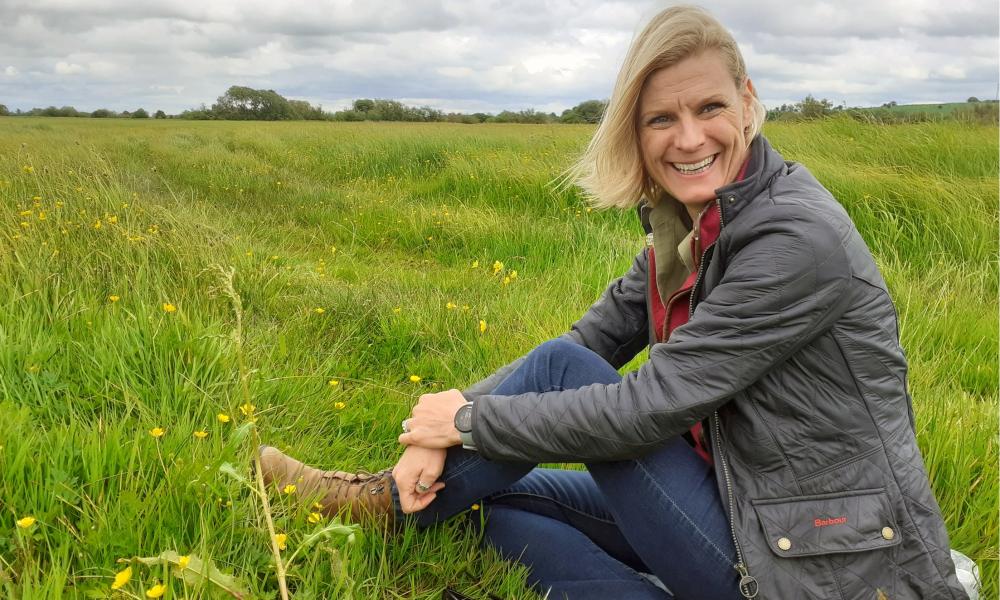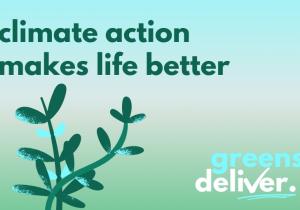Organic farming is critical to the sustainability and future of farming in Ireland, says Greens

Applications to the €23m Organic Farming Scheme 2022 closes next week 8th of April. This year’s scheme includes €5 million targeted at new entrants in response to high demand in 2021 and is part of the Programme for Government commitment to substantially increase land farmed organically in Ireland. The total budget of €23m marks a doubling of the organic sector budget since the Green Party entered government.
Green Party Minister of State at the Department of Agriculture, Food and the Marine, Senator Pippa Hackett stated;
“Organic farming is critical to the sustainability and future of farming in Ireland and can lead to higher revenue for farmers who are increasingly under pressure. As an organic farmer myself I know the value of it and I can see what it has brought to my farm, in terms of environmental outcomes, but also in terms of output and income. Through the Organic Farming Scheme this year, we have lowered the required stocking rate and expanded the area paid at the higher rate in recognition of the larger area farmed by full-time farmers. The scheme and funding will have a big role in helping us meet our targets in the National Organic Farming Strategy 2025.
“The application process itself is very straightforward and there is a wealth of information and guidance available to farmers through my Department, Teagasc and the organic certification bodies and I would really encourage farmers to consider this approach to farming.”
The Organic Farming Scheme is an agri-environment measure under the Department's Rural Development Programme. Farmers entering the scheme could qualify for yearly payments of up to €220 per hectare during the conversion period and up to €170 per hectare when they have achieved full organic status. Higher payment rates are available for organic horticulture and tillage farmers. Farmers who apply this year can also avail of any new rates introduced next year under the new Common Agricultural Policy (CAP).

As an organic farmer myself I know the value of it and I can see what it has brought to my farm, in terms of environmental outcomes, but also in terms of output and income.
Despite Ireland’s agricultural heritage, Ireland is currently an organics laggard in the EU. According to Organics Europe, figures indicate that Austria currently leads the way in Europe with 25% of farmland being farmed organically, with Estonia and Sweden close behind. In comparison Ireland stands at 1.5%, the second lowest in Europe.
Senator Róisín Garvey, Green Party Spokesperson for Rural Development and Enterprise, Trade and Employment stated;
“The Ukraine crisis has thrown into sharp relief our reliance on imports of fertiliser and feed to our farms in Ireland, with international supply plummeting and costs going through the roof. Nature-friendly farming practices including clover swards, crop rotation and targeted use of farmyard manure and slurry reduces our dependence on international markets. It also results in a much more respectful use of our countryside, increases animal welfare and ultimately results in the production of higher quality agricultural products.
“We have a reputation in Ireland for our high quality food production and if we want to maintain that reputation we need to pull up our socks and increase our organic production because that is where market demand is growing. This scheme offers a real opportunity for the future of small family farms in Ireland.”




